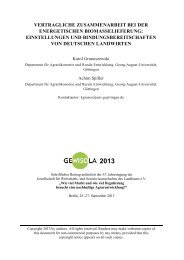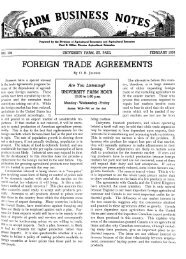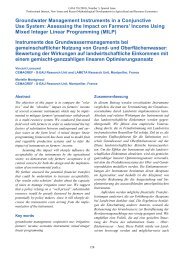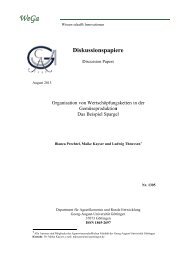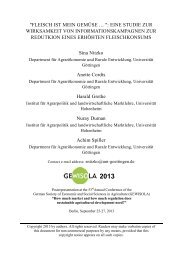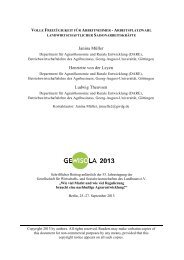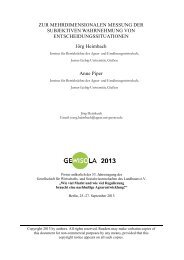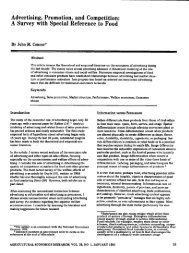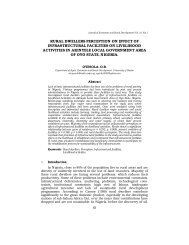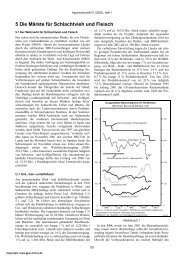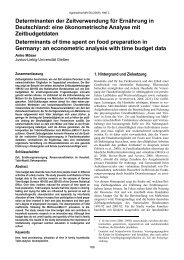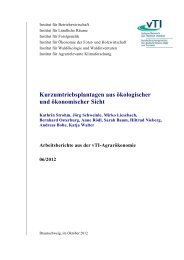District Institutes of Education and Training - Teacher Education
District Institutes of Education and Training - Teacher Education
District Institutes of Education and Training - Teacher Education
Create successful ePaper yourself
Turn your PDF publications into a flip-book with our unique Google optimized e-Paper software.
<strong>District</strong> <strong>Institutes</strong> <strong>of</strong> <strong>Education</strong> <strong>and</strong> <strong>Training</strong>: A Comparative Study in Three Indian States<br />
(Fig. 6.1) clustered around structural constraints, impressions <strong>of</strong> teachers’<br />
pedagogical shortcomings; sense <strong>of</strong> their own pedagogical challenges; issues<br />
relating to community interactions. Very similar concerns were found in Dhar<br />
<strong>District</strong>, although there was in Dhar no overlap with inspectorate, which had been<br />
phased out.<br />
Figure 6.1: CRC concerns, Santrampur <strong>District</strong><br />
Structural issues<br />
CRC don’t have<br />
power to make<br />
teachers follow<br />
them<br />
Lack <strong>of</strong> role clarity /<br />
overlap between<br />
role <strong>of</strong> CRC / BRC<br />
<strong>and</strong> inspector,<br />
inspectors may act<br />
as barriers.<br />
Lack <strong>of</strong> resources,<br />
teachers, rooms,<br />
toilets <strong>and</strong> science<br />
kits.<br />
Insufficient coordination<br />
with all<br />
other bodies,<br />
perhaps because<br />
CRC / BRC<br />
functions aren’t<br />
known to others<br />
they could link<br />
with, eg NGOs.<br />
Pre-schools need to<br />
be increased in<br />
villages to improve<br />
school readiness.<br />
Concerns about<br />
teachers’ pedagogy<br />
Ts don’t implement<br />
training; they are<br />
competent but<br />
don’t do it.<br />
Multi-grade<br />
teaching – teachers<br />
can’t plan.<br />
<strong>Teacher</strong>s don’t preplan<br />
lessons<br />
Good quality TLM<br />
lacking or not being<br />
used.<br />
CRC/BRCs’ own<br />
pedagogical concerns<br />
Can’t give sufficient<br />
pedagogical guidance:<br />
can’t teach child<br />
psychology as they<br />
don’t know it<br />
themselves<br />
Subject-wise expertise<br />
only really enough up<br />
to Std 5.<br />
Can’t teach TLM<br />
preparation <strong>and</strong> usage<br />
Community<br />
concerns<br />
Community<br />
mobilisation not<br />
enough – CRCs<br />
need teachers to do<br />
more, feel teachers<br />
don’t make enough<br />
effort with parental<br />
interactions.<br />
Parental migration<br />
directly affects edu.<br />
Capacity development <strong>of</strong> the Block <strong>and</strong> Cluster Resource Centre staff was a<br />
responsibility <strong>of</strong> the DPEP (Box 6.1); in Gujarat their training was done by DIET<br />
staff, while in Dhar <strong>District</strong> it was done directly by the DPEP. In Santrampur this<br />
arrangement was weakened by the DIET staff ’s limited interactions with DPEP in<br />
the field <strong>and</strong> with teachers in schools.<br />
While once-<strong>of</strong>f programmes provide inputs for academic staff <strong>of</strong> Cluster Resource<br />
Centres, this model <strong>of</strong> development has the same inherent weakness as the once<strong>of</strong>f<br />
programmes for teachers: it does not provide ongoing support to practitioners<br />
126 DFID



